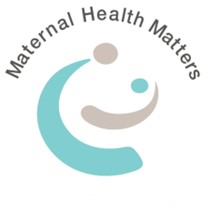Do you know that whether a woman breastfeeds her baby—or not—can affect the lifelong health of both?

Breastfeeding is the normal biological extension of pregnancy and childbirth.
Women wear the emotional burden when they do not breast feed, yet often it is the over-medicalised maternity care systems that impact on breast feeding rates.
Given the fact that breastfeeding contributes both to the physical and economic health and welfare of women and their infants and society at large, not focussing on the impact of over-medicalised maternity care systems on breastfeeding is at least misguided and at worst negligent.
The State of the World’s Mothers Report (2015) and The State of the World’s Children Report (2021) assert that breastfeeding is a critical protective factor, with physical and psychological benefits for babies and mothers. Initiating breastfeeding within an hour after birth is proven to have benefits, including reduced mortality and morbidity from infectious diseases, and even improved intelligence. Breastfeeding is also an important part of nurturing care and an opportunity for mother and child to bond, which can establish a newborn’s sense of attachment and comfort. Breastfeeding provides the baby with good immune system protection, gut protection, protection against obesity and short- and long-term disease protection.
Breastfeeding also benefits the mother: her uterus returns to normal size more quickly after birth if she breastfeeds; she is less likely to experience postpartum depression; she is less likely to have brittle bones later in life. Every six months of breastfeeding cuts down a woman’s breast cancer risk.
The Lancet Series on Breastfeeding outlines the multifaceted and highly effective strategies used by commercial formula manufacturers to target parents, health-care professionals, and policy-makers. The industry’s dubious marketing practices—in breach of the breastfeeding Code—are compounded by lobbying of governments, often covertly via trade associations and front groups, against strengthening breastfeeding protection laws and challenging food standard regulations.
